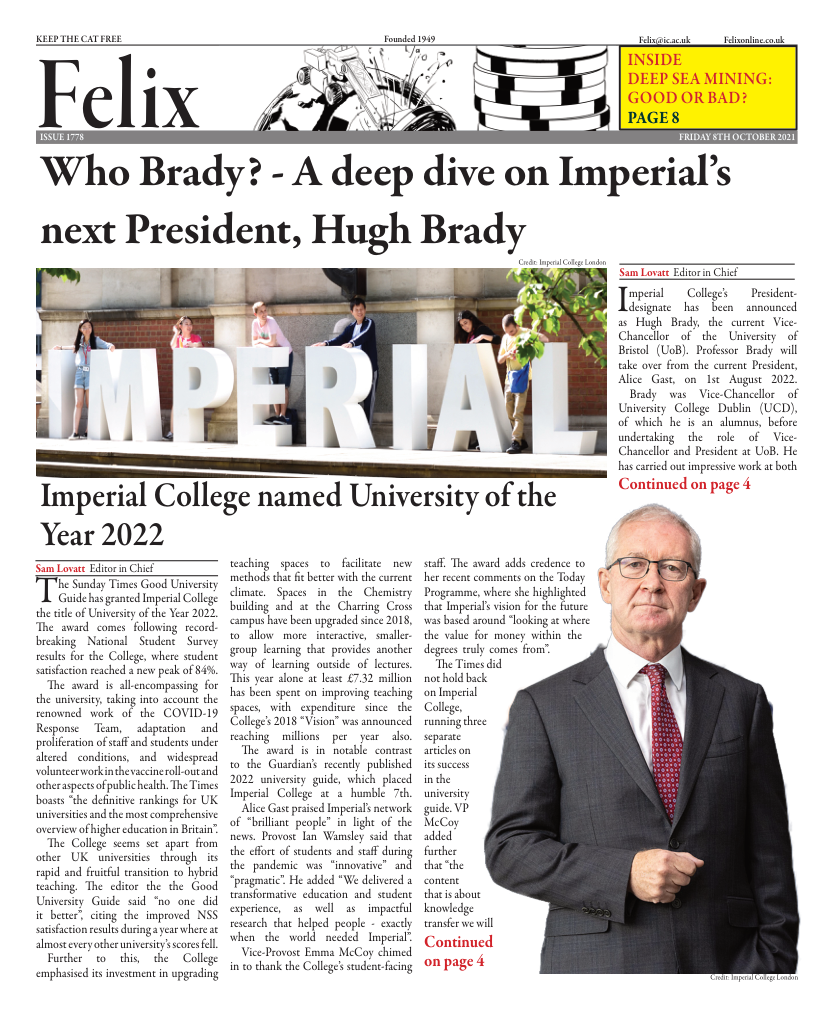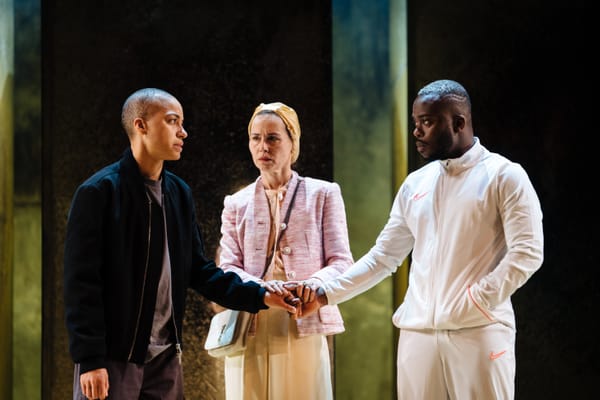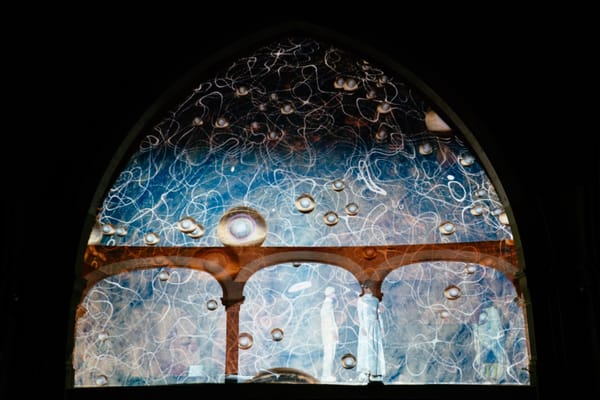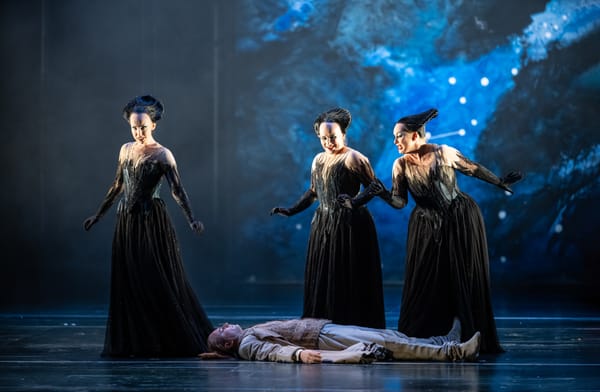East is East: Not Just Another Dysfunctional Immigrant Family
After 25 years, Ayub Khan Din shows that immigrant families have not changed one bit.
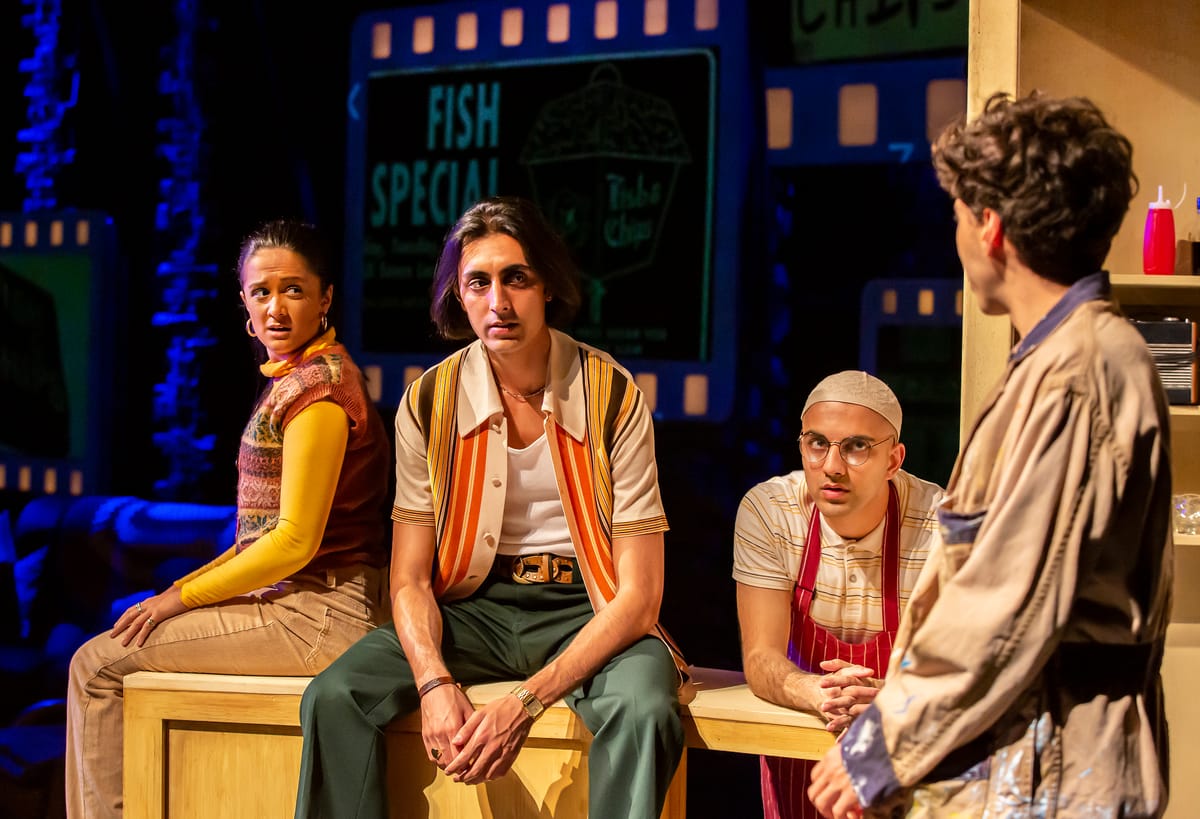
East is East
★★★★
- What: Theatre
- Where: Lyttelton Theatre, NT
- When: Until 30th October 2021
- Cost: From £20
In 25 years, Britain has changed a lot, but Ayub Khan Din’s look into the home of an immigrant family living in the north of England in the 1970s shows that much is still the same. The show stars a new generation of young and diverse actors playing six English-Pakistani teenagers — a few of whom also starred in Ackley Bridge, another of Khan Din’s creations. Whilst they embody characters set years before they were born, the joy and the pain they portray still feels very fresh.
George (Tony Jayawardena) came to England almost 40 years ago, married his white English wife Ella (Sophie Stanton) and, seven children later, is still trying to keep a firm grip on his teenagers’ lives. George is funny, almost a caricature with his strong Pakistani accent, but also stubborn and, as we find out later, can get very, very angry. The chemistry between their children, especially the four middle children, Maneer (Joeravar Sangha), Tariq (Gurjeet Singh), Saleem (Adonis Jenieco), and Meenah (Amy-Leigh Hickman) shines through clearly. After only a few interactions we already feel as though we know these characters as fully-formed individuals — it is easy to recognise ourselves and our family members in their natural portrayals. The oldest brother, Abdul (Assad Zaman), brings a distant energy as he experiences the pressure of making up for his disgraced older brother. The youngest, Sajit (Noah Manzoor) seems to have obsessive-compulsive disorder; Manzoor plays the role with many little ticks and we get the sense that Sajit tries his best to shut himself away from the trauma of his dysfunctional family.
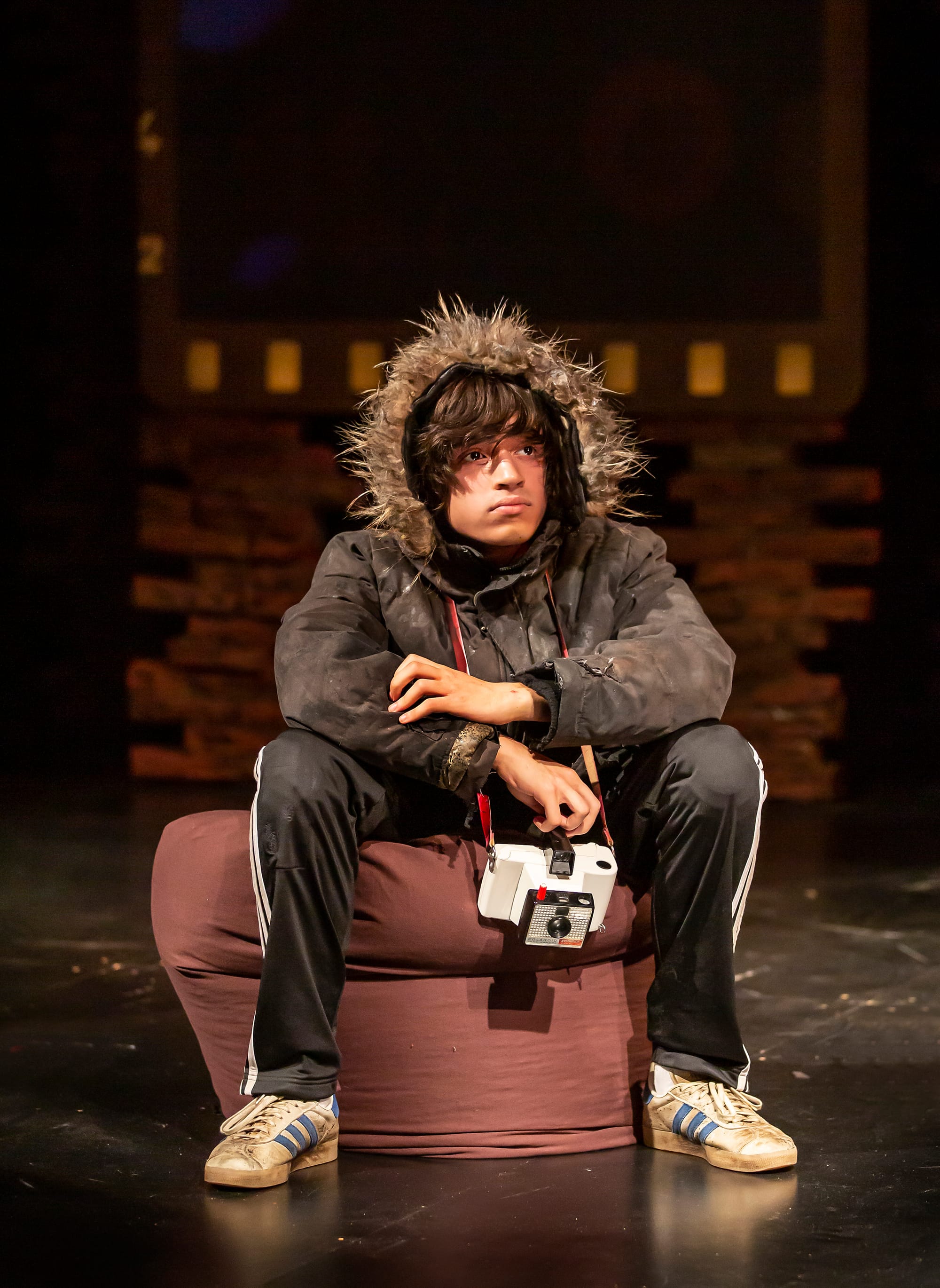
All the siblings struggle with their identity. Religion, culture, and family are all interwoven and hold different meanings to each of them. The heartfelt dialogue between different members of the cast shows the nuance of the second-generation immigrant experience: stuck between the cultures of their ancestors, the traditions with which they were raised, and the land they were born in. The play is backdropped by the outbreak of war and violence East Pakistan (modern day Bangladesh). This intensifies in the second half, mirroring the drama in the characters’ lives as arranged marriages are cunningly forced upon the eldest two brothers. The situation seems impossible for the siblings to navigate, that is until Saleem sits down and calmly explains to his stubborn Pakistani father that his older brothers don’t want to get married, and this is not their time. The audience erupted into laughter, a rather sinister inside joke that embodies the shared identity of many immigrants.
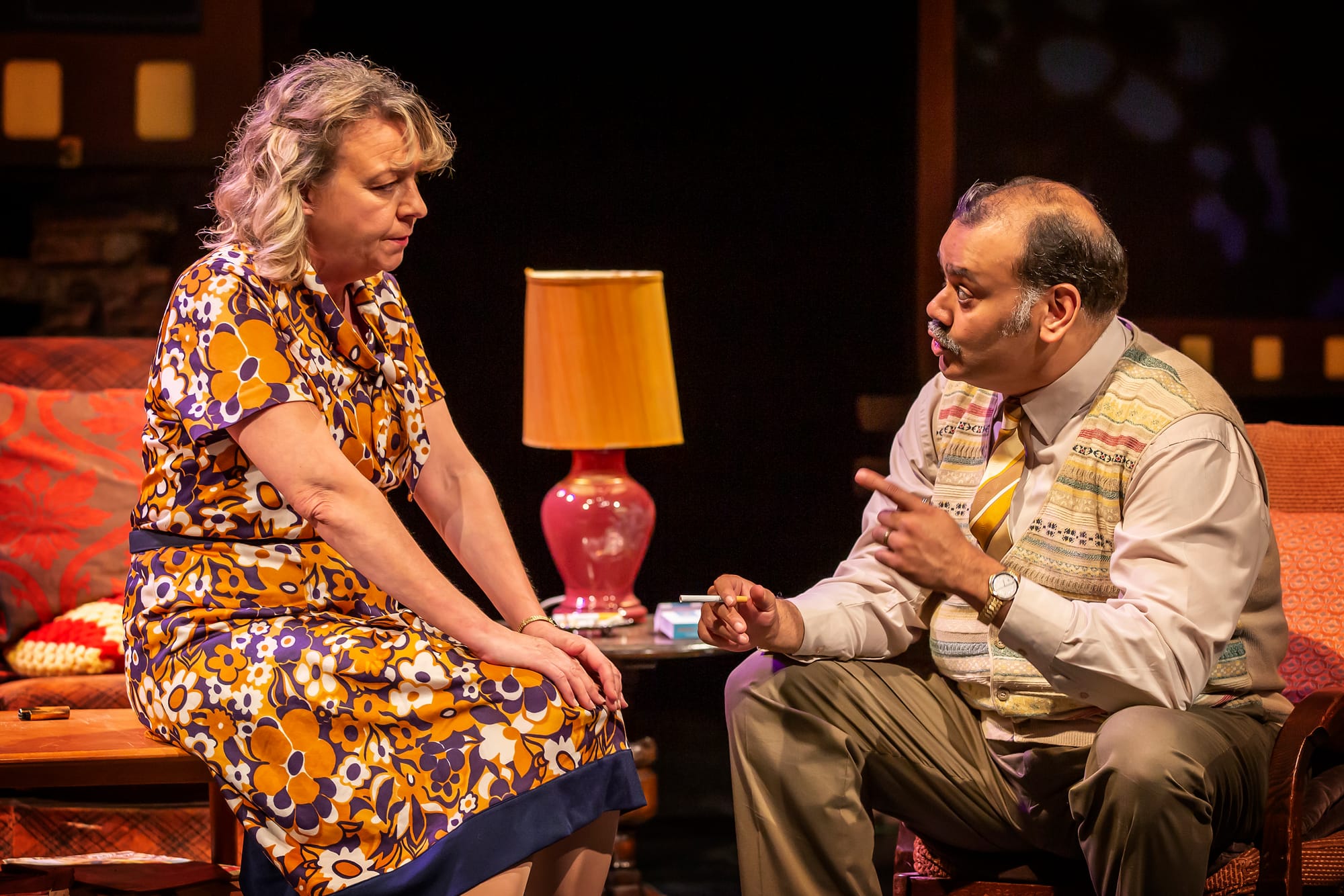
Although immigrant families have many challenges to navigate, the love and comedy is also a staple, and this shines through the production. One especially memorable scene sees Meenah and Maneer lip-syncing to a Bollywood classic — this begs the question, why are there not more Bollywood musicals being staged on the West End, they would be a blast! Maybe Khan Din’s next work should explore a more musical medium. I would love to see immigrant experiences from the female perspective as, in this play, Meenah, the only daughter, felt under-explored.
For something that feels fresh yet warm and familiar, with lots of laughs and an extremely talented cast, East is East is definitely one to catch while you can.

